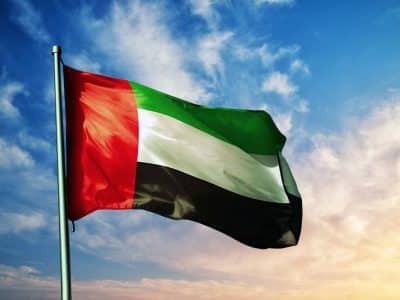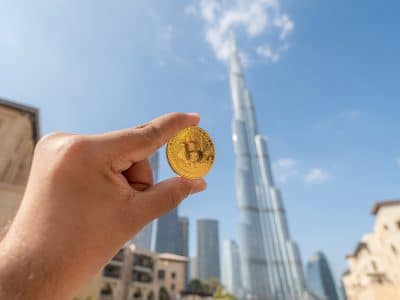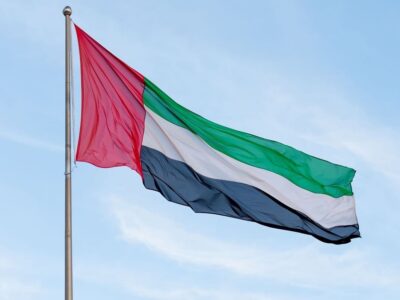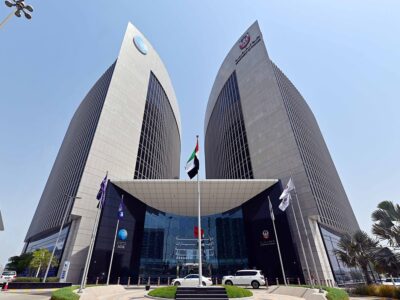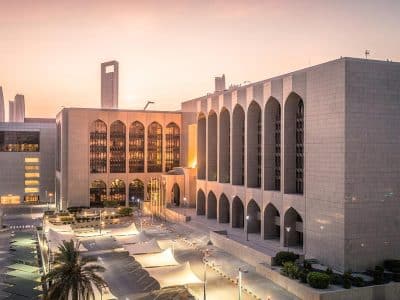|~||~||~|Mohamed Bin Issa Al Jaber is a Saudi tycoon who doesn’t shy away from controversy. The founder and chairman of MBI International, the billion-dollar group of global companies, wrote to US Secretary of State Colin Powell before the second Gulf war, voicing his full support for the US invasion. In the United States itself, Al Jaber has been involved in a long running dispute with Warren Buffet over the exact bill he is alleged to have run up for flying on Buffet’s private jet 150 times.
His travels around the world have been much needed. MBI International is now a major operation.
In 1983 he founded Jadawel International, one of the largest owners and managers of luxury residential compounds in Saudi Arabia. In 1988 he created JJW Hotels & Resorts, a worldwide network of hotels and leisure resorts. In 1992 he founded AJWA, an agri-food processing company operating rice milling, grains trading, edible oil manufacturing, and port services, exporting to Europe, Asia and Africa.
No wonder today that he is the 19th richest Arab in the world with a hefty personal fortune of US$1.6 billion.
And with money comes influence. Al Jaber is the lead member of the Arab Business Council, a lobby made up of influential business figures that is pressurising all Arab governments to implement economic reform.
He explains: “When the idea came to be, I was very happy. I was one of the first founders of this council. Before that I had the MBI Foundation which has the same ideas. We need to rely on education to reach this reform. There is a strong link between education and development. Our company gives scholarships at the American University of Cairo and the American University of Beirut for students to study business. What I ask is the students then return to serve their own countries.”
He adds: “We hope that our [Arab Business Council] thoughts and ideas find a response from the governments. We are offering plans to sustain the ideas we have. This is what makes this council different from any other Arab council. We have firm plans.”
The main aim of council is to promote the relationship between the private sector and governments. Al Jaber has held talks with officials in Egypt, Jordan and the UAE. The plans are focusing on the economic reform, and pushing Arab governments to increase trade and investment and to fight poverty and unemployment.
He explains: “The governments need to go on and do this. They need to develop their systems by respecting the laws and showing greater transparency.”
So far, the King of Bahrain and the Prime Minister of Morocco have expressed strong interest in following through with Al Jaber’s blueprint. “The feedback was great. They are all very interested in what we are doing. We are getting many inquiries from other governments in other countries to come and meet us. I hope we can translate these meetings into real action,” he says.
But it is no easy task. According to the United Nations, Arab countries will need to have created 100 million jobs by 2015. To create these jobs, it is estimated that over 100,000 investment opportunities are needed. Al Jaber says: “The governments need to cooperate with the private sector to create these opportunities by this date.
“I am an optimistic man. If I wasn’t an optimistic man I wouldn’t have done what I’ve done. No way. I think that the business sector will keep progressing despite the barriers that are put down by people like terrorists.”
The numbers may be high, but he insists: “Investment opportunities that are around do not match up with the amount of liquidity out there. We need seven times the number of opportunities that are currently available. We need to reinforce the small and medium businesses. What we are seeing today in the stock market does not reflect reality. You see brokers buying and selling stocks, but that doesn’t mean that is what is going on at the ground level. We are not actually creating that many new opportunities. In Saudi Arabia, when you see high stock market indexes, that does not mean the economy is actually growing. What we really need to see more of is new opportunities. I think the price of oil will stay as high for now. I hope, I really hope, we use the extra revenue from high oil prices to build new projects.”
History will judge if he succeeds. ||**||
